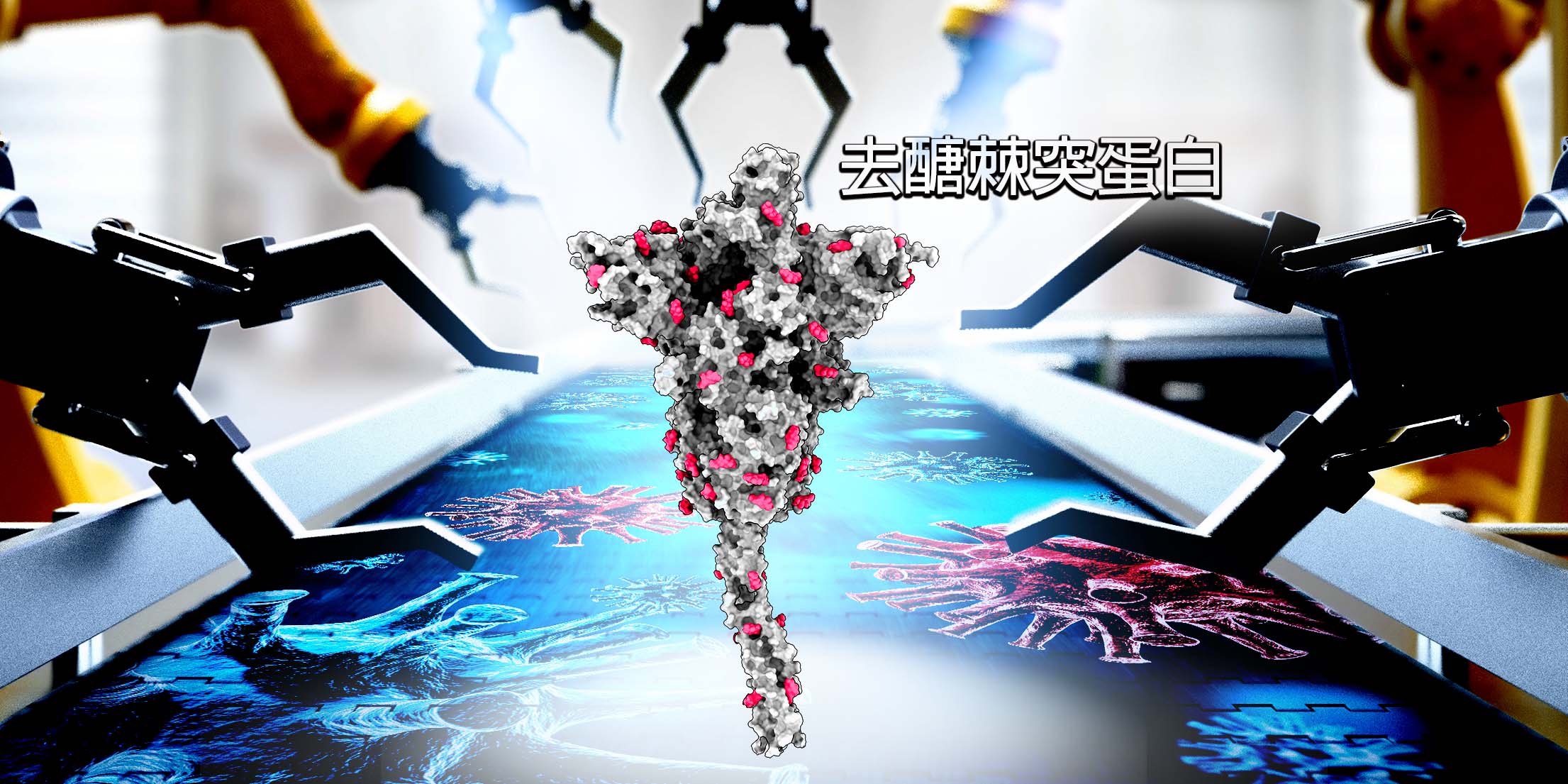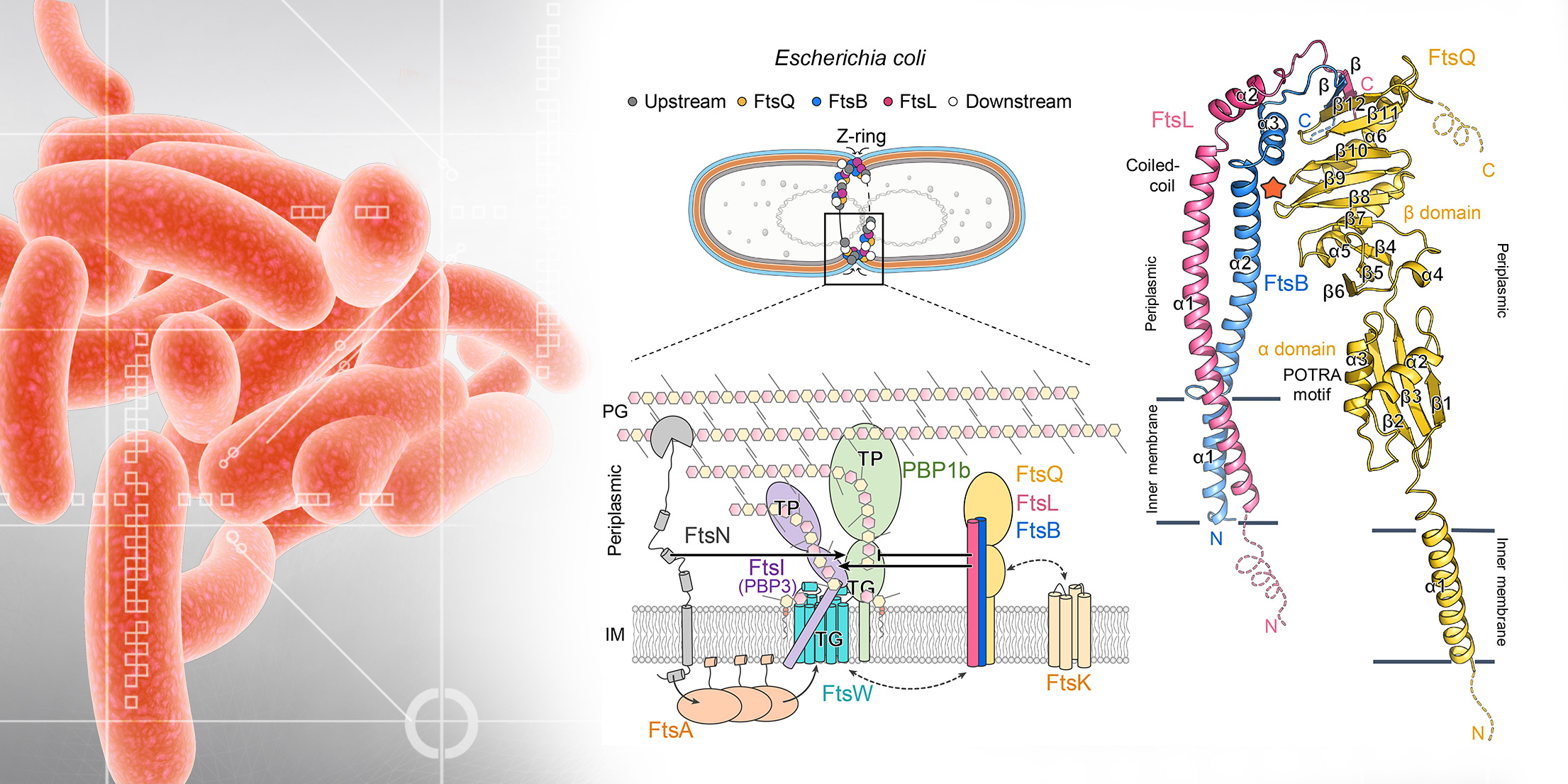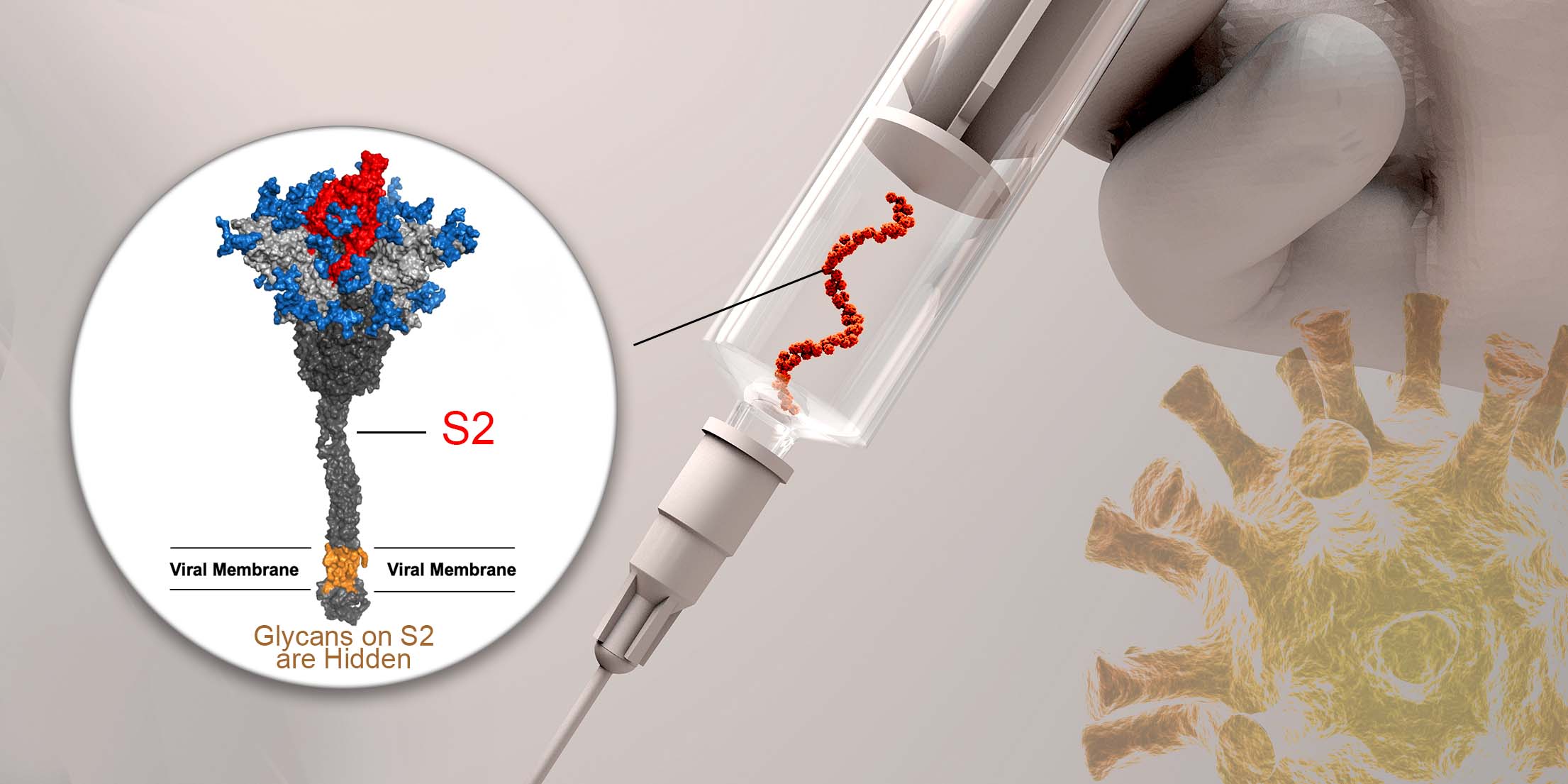Researchers in Taiwan have finally unraveled the mode of action of Reishi (Ganoderma lucidium, Ling-Zhi) polysaccharides. Reishi is a valuable Chinese herb medicine traditionally used for promoting good health, vitality and longevity, stimulating the expression of immune cells, enhancing the immuno-modulation activity, and supporting cancer therapy.
The research team was headed by Dr. Hsien-Yeh Hsu (at the Institute of Biotechnology in Medicine, National Yang-Ming University) and Drs. Shui-Tien Chen, Chun-Hung Lin and Chi-Huey Wong (at the Institute of Biological Chemistry and Genomics Research Center, Academia Sinica).
This research team has established a new isolation and analysis method to obtain the active component of Reishi polysaccharides that stimulate cytokine expression, and identify toll-like receptor 4 (TLR4) as one of the receptors. The TLR4-modulated protein kinase signaling pathways have been further determined in details. Various immune cells (including macrophages, B-cells, dendritic cells and stem cells) were also found to be activated by the active component of Reishi polysaccharides. Of particular interest is that in addition to the increase in the activity and population of the aforementioned cells, NK-cell-mediated cytotoxicity was also greatly enhanced and shown to effectively kill tumor cells when human cord blood cells were subjected to the treatment of the active component.
This study may lead to the development of new therapeutic agents from Reishi. The work was published in the current issues of Journal of Immunology and Bioorganic and Medicinal Chemistry. A patent has been filed in the United States and other countries.




